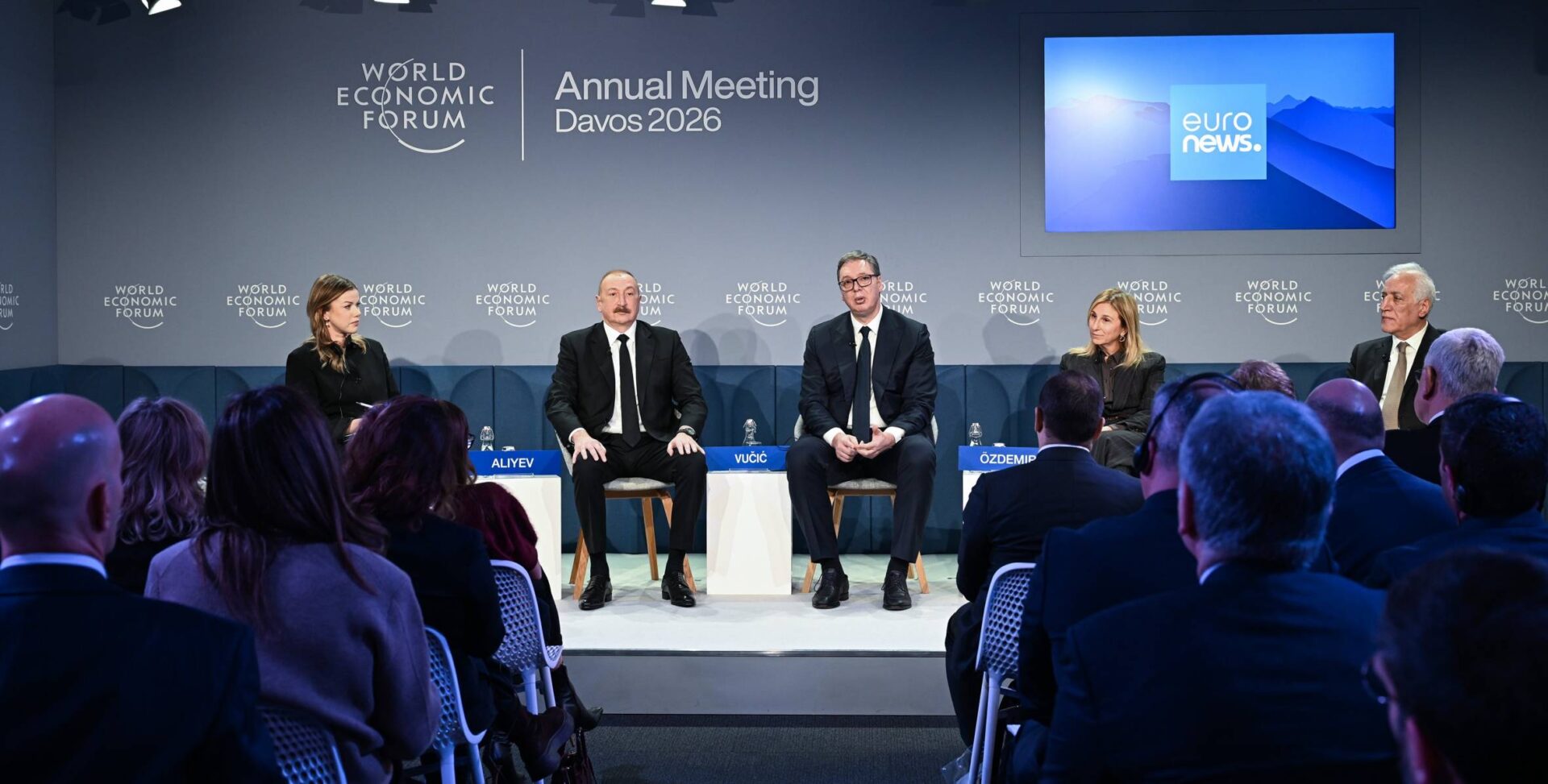LEBED PRESSURES UKRAINE’S NUCLEAR POWER INDUSTRY.
LEBED PRESSURES UKRAINE’S NUCLEAR POWER INDUSTRY.
The long-awaited ratification of the Russian-Ukrainian interstate treaty by Russia’s Duma on December 25 might have boosted bilateral relations, were it not for the pressure of day-to-day problems. One such problem is Krasnoyarsk Governor Aleksandr Lebed’s threat to discontinue storing and treating Ukrainian spent nuclear fuel at a special facility in Siberia.
The facility, the Zheleznogorsk Metallurgical-Chemical Combine–better known under its Soviet-era code name, Krasnoyarsk 26–handles spent nuclear fuel from all of Russia’s and Ukraine’s nuclear power plants. Last week, Lebed publicly announced that he would suspend the service to Ukraine unless the country settles its debt to Krasnoyarsk and pays what Lebed terms “world prices” in hard currency, some US$700 per kilogram of spent fuel, instead of the current charge of US$280. Moreover, Lebed demands prepayment for the service, and insists that his administration be involved in any intergovernmental agreement between Russia and Ukraine on this matter.
Ukraine’s annual payments for the service amount to approximately US$100 million. Kyiv is in arrears and would prefer to offset part of those arrears through deliveries of goods. While Lebed cites mainly commercial considerations for his decision, a portion of the Krasnoyarsk Legislative Assembly supports him for environmental reasons, notwithstanding the political conflict in progress between Lebed and the assembly.
Russia’s Atomic Energy Minister Yevgeny Adamov and the Zheleznogorsk management oppose Lebed on this issue. They argue that Ukraine’s payment is more or less commensurate to the service, and that Russia would suffer a setback in the competitive nuclear fuel treatment business if it cuts Ukraine off. Behind this argument there lurks not only a desperate need for revenue but also the goal of keeping Ukraine’s nuclear industry dependent on Russia for vital operations.
That consideration clearly influenced the discussion of the issue at yesterday’s session of the Ukrainian cabinet of ministers. Prime Minister Valery Pustovoytenko described the issue as “not just economic, but political.” Energy Minister Oleksy Sheberstov and the chairman of the State Committee for Atomic Energy (Enerhoatom), Mikhailo Umanets, supported Pustovoytenko’s proposal to begin preparing a storage and treatment site in Ukraine. The government considers the Chornobyl and the Zaporizhzhya nuclear plants as possible locations for such a facility. The cabinet session agreed that the costs involved would be equivalent to the sums being paid to Russia for the service, and that it would be in Ukraine’s interest to spend those funds internally and reduce the energy sector’s dependence on Russia. However, the project would not be feasible without external financing (UNIAN, Segodnya, Itar-Tass, January 5 and 6). –VS
MUSAVAT PARTY FLIRTING WITH IRAN.


